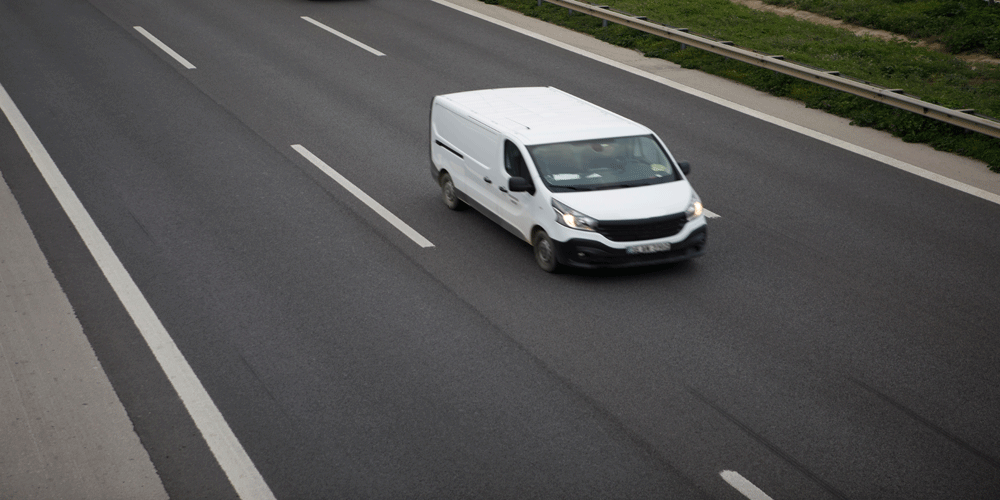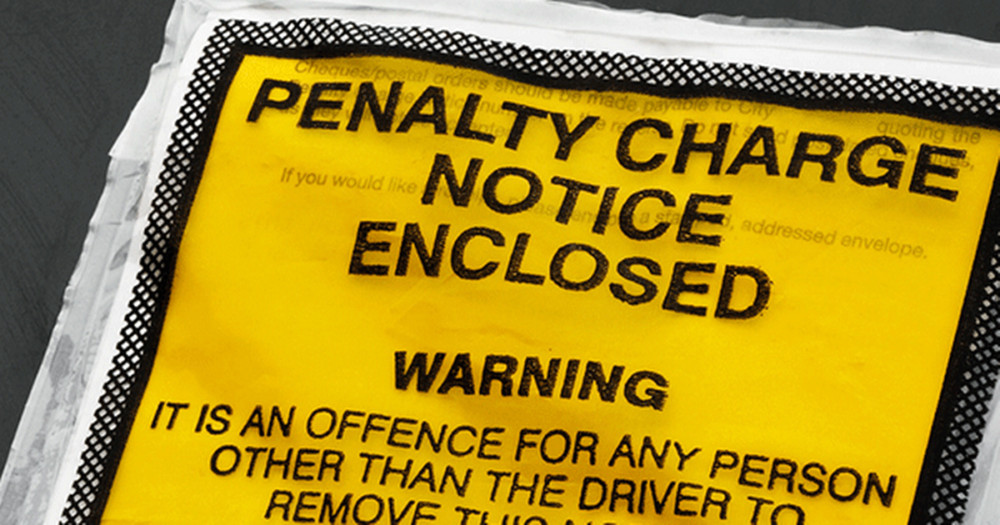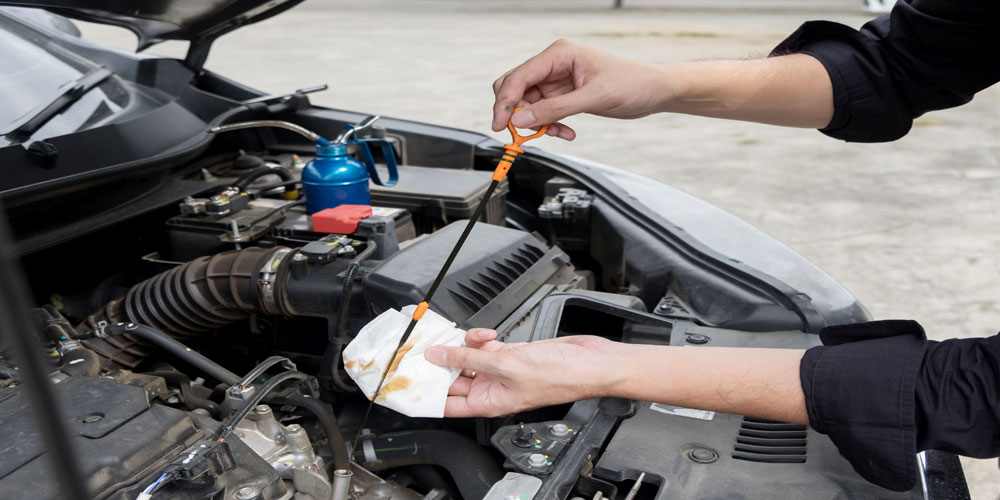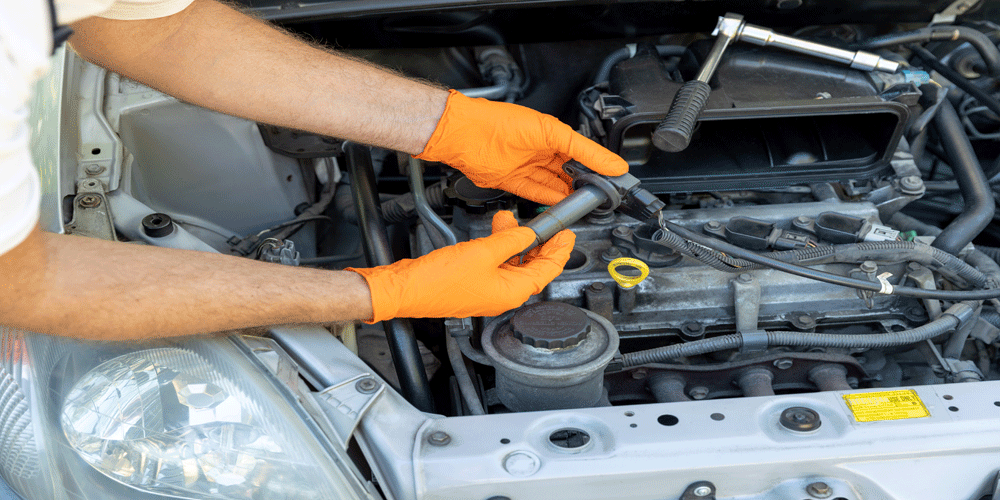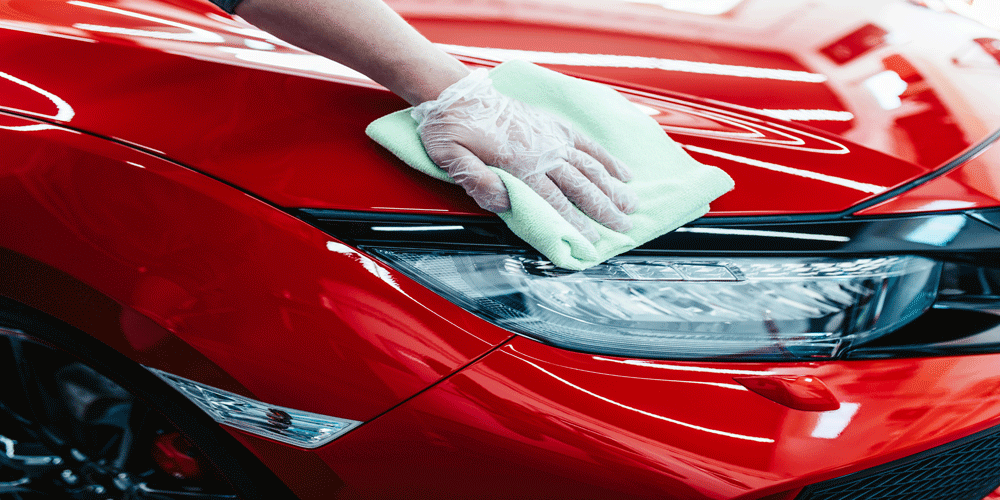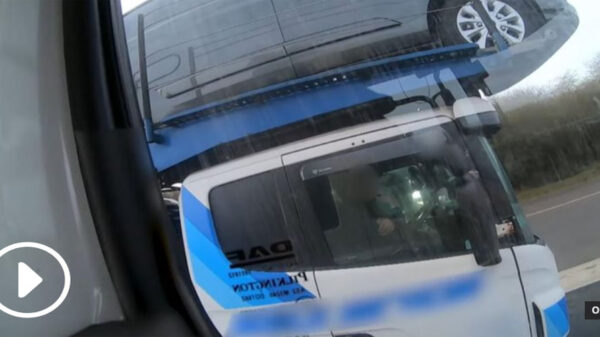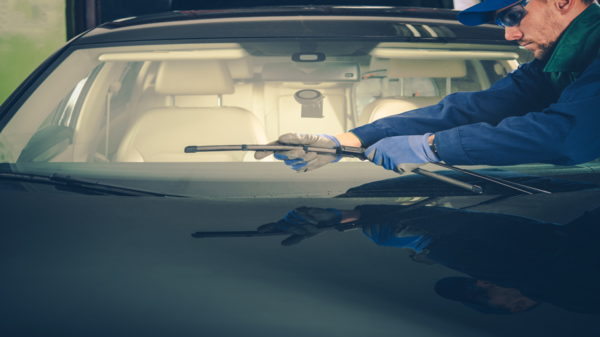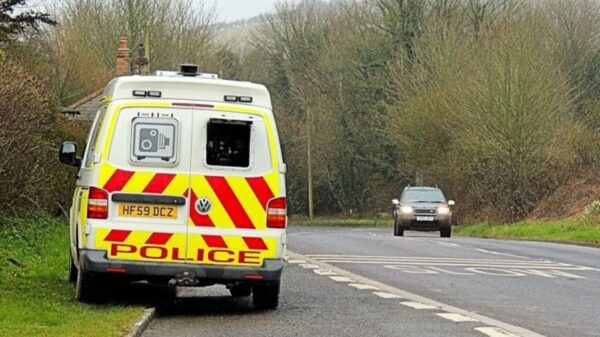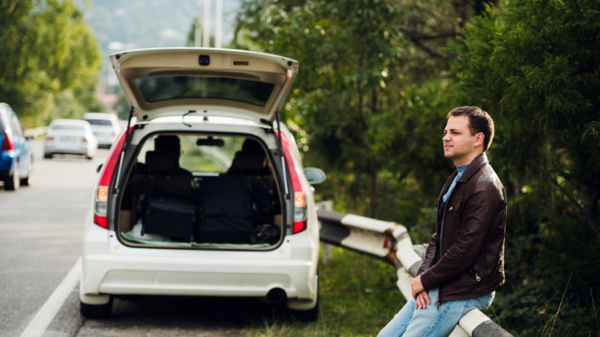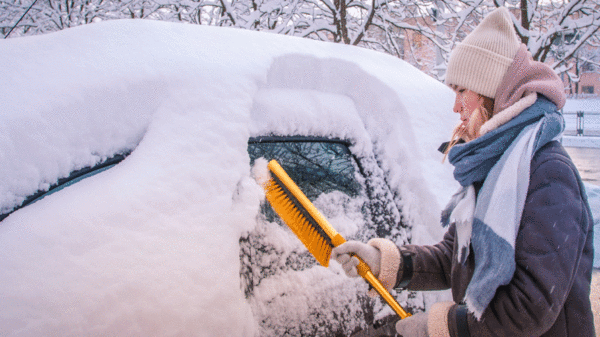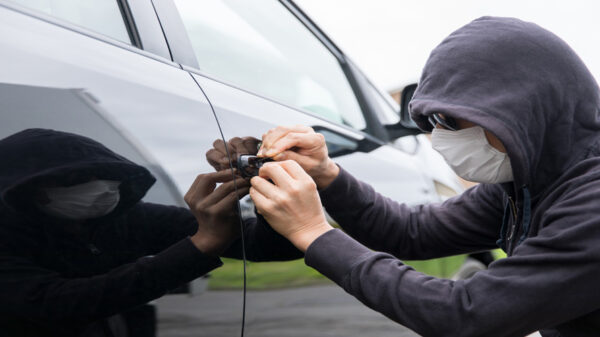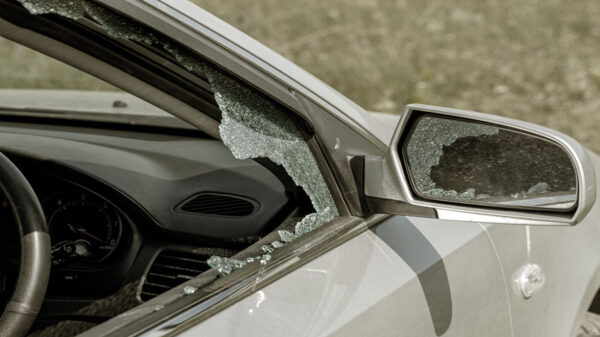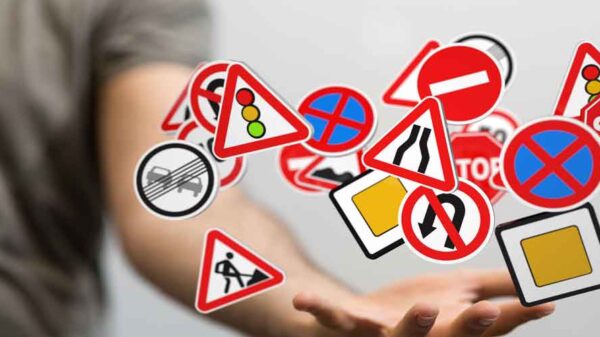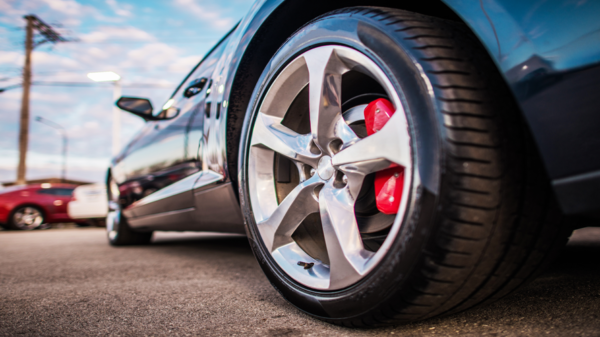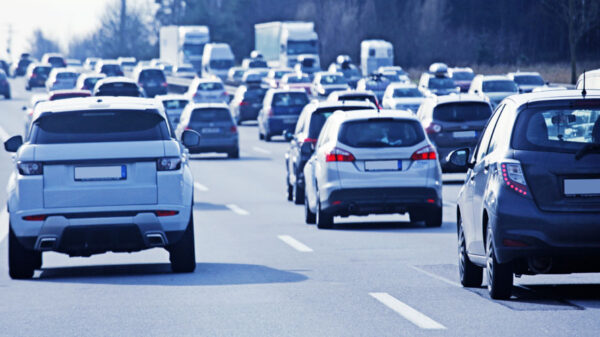National Highways has developed a new road safety campaign, ‘Little changes, change everything’, with the goal to change drivers’ potentially dangerous behaviour when behind the wheel.
The campaign aims to motivate motorists to ‘transform their own journeys and those of fellow road users’.
As a part of the campaign, the Government agency stated that safety was the ‘number one priority’, and that they are aiming to at least halve the number of people killed or seriously injured on roads across the country by the end of 2025.
They also revealed that the longer-term target is to achieve a ‘zero-harm network’.
The first wave of the campaign launched in March and the second wave is currently in place until June 1st 2024.
National Highways is looking to raise awareness of two driving behaviours that can make a big difference. The first is that drivers should drive in the left-hand lane when driving conditions allow. The second is that drivers should keep at least a two second gap between themselves and the vehicle in front.
National Highways is looking to reduce the number of people injured or killed on UK roads through reducing the number of drivers ‘hogging’ the middle lane and following people too closely.
The campaign states: “By keeping left and staying at least two seconds behind the vehicle in front, you can help to reduce congestion and collisions.”
The first target of the campaign is aimed at drivers who unnecessarily stay in the middle lane.
When traffic conditions allow, drivers should always drive in the left-hand lane.
This is because the middle lane should be used for overtaking, letting traffic onto the road and when traffic conditions do not allow for driving in the left lane. After overtaking, drivers should return to the left-hand lane when it is safe to do so.
Middle-lane hogging can have a negative impact on the road network, by disrupting the flow of traffic and resulting in congestion.
The second goal of the ‘Litle Changes, Change Everything campaign’ looks to target drivers who are travelling too close to the vehicle in front of them. The Highway Code says a driver should ‘allow at least a two-second gap between you and the vehicle in front on high-speed roads and in tunnels where visibility is reduced’.
According to National Highways, the two seconds are made up of the time needed for reacting and braking to a situation where it is required. That time needs to be doubled when it is raining or in challenging conditions.
RAC road safety spokesman Rod Dennis said: “Middle lane hogging and tailgating aren’t just irritating driving habits; both are illegal and dangerous, which is why we’re in full support of National Highways’ campaign. Drivers that trail the car in front leave themselves no time to react if the vehicle ahead brakes suddenly, while those that hog the middle lane prevent others from overtaking which can cause longer queues of traffic.”
“Penalties for middle lane hogging and tailgating have been in place for more than 10 years, yet both are unfortunately still a common sight on our fastest roads. While education can clearly be beneficial, more enforcement would send the strongest possible message that this behaviour isn’t acceptable. The Highway Code is clear that you should drive in the in the left-hand lane unless overtaking and leave at least a two-second gap between you and the car in front. These times should be doubled in bad weather.”


